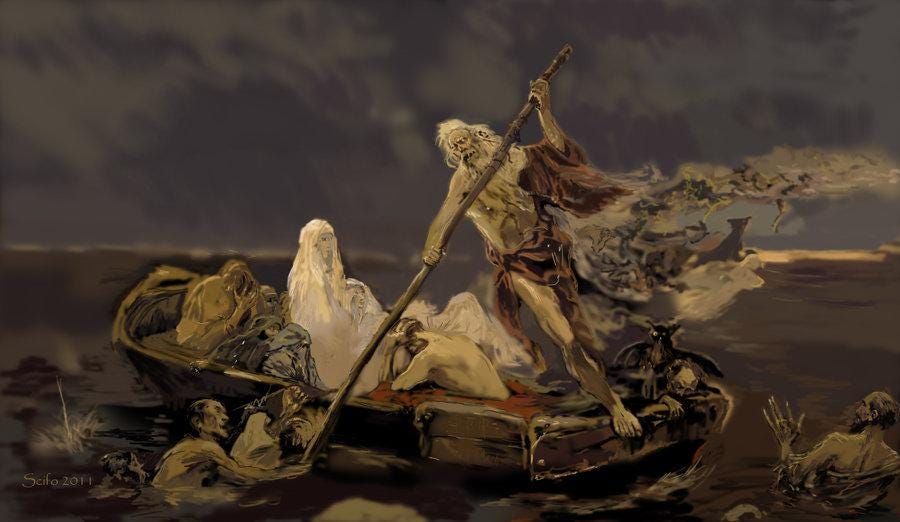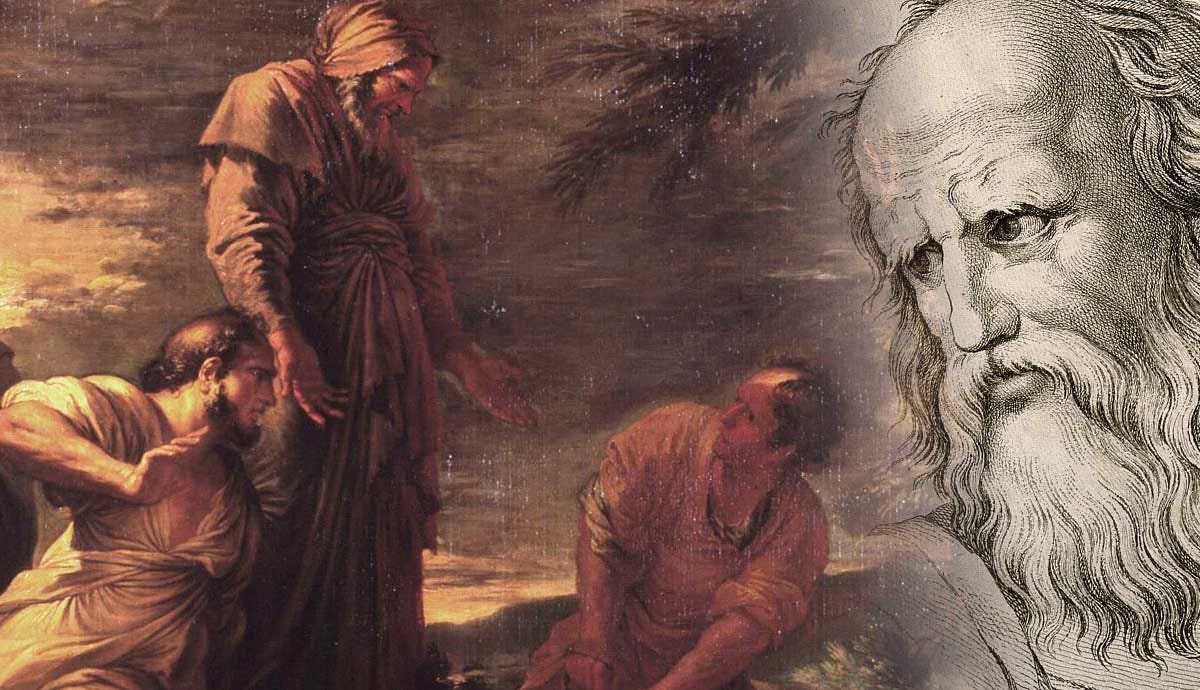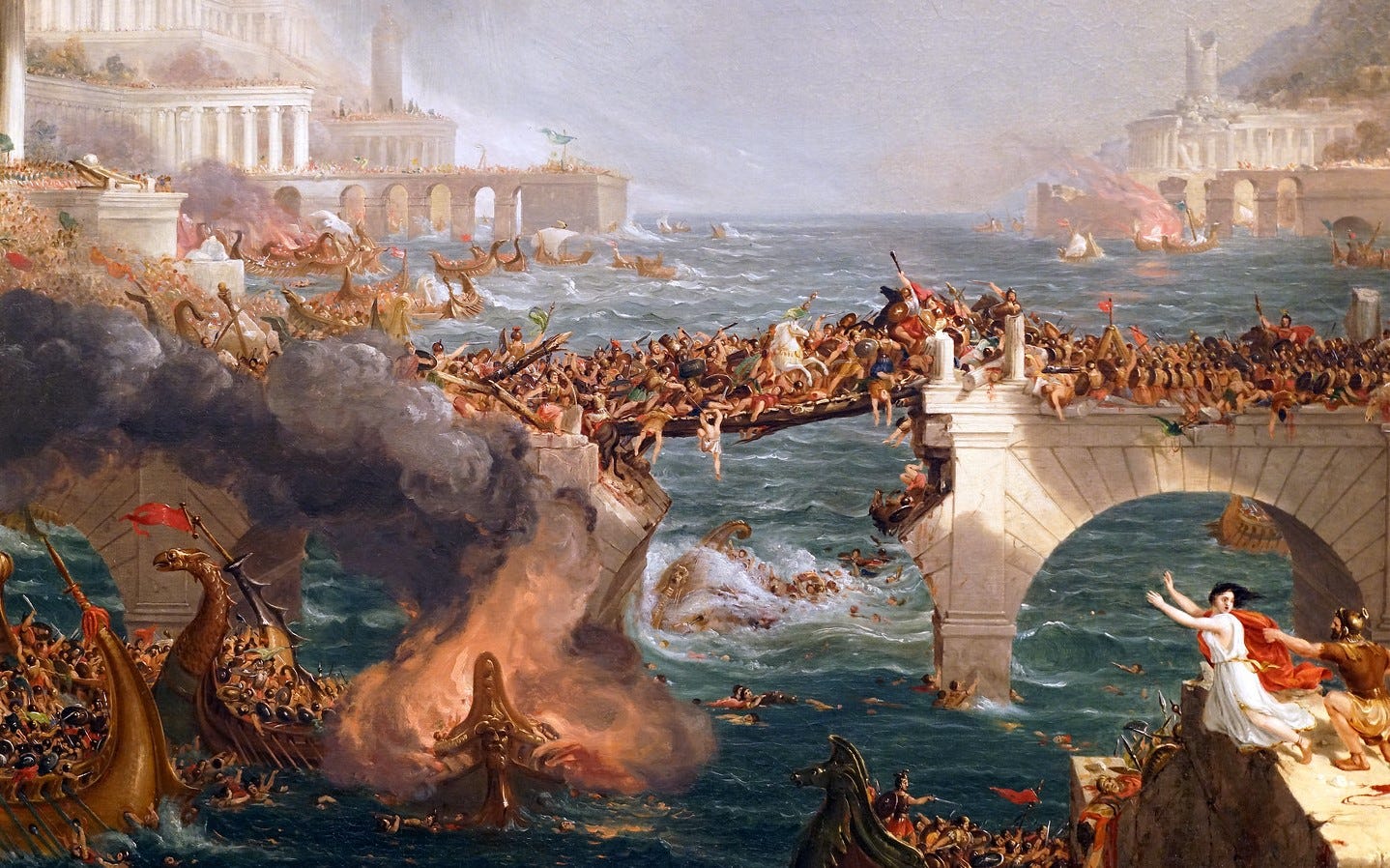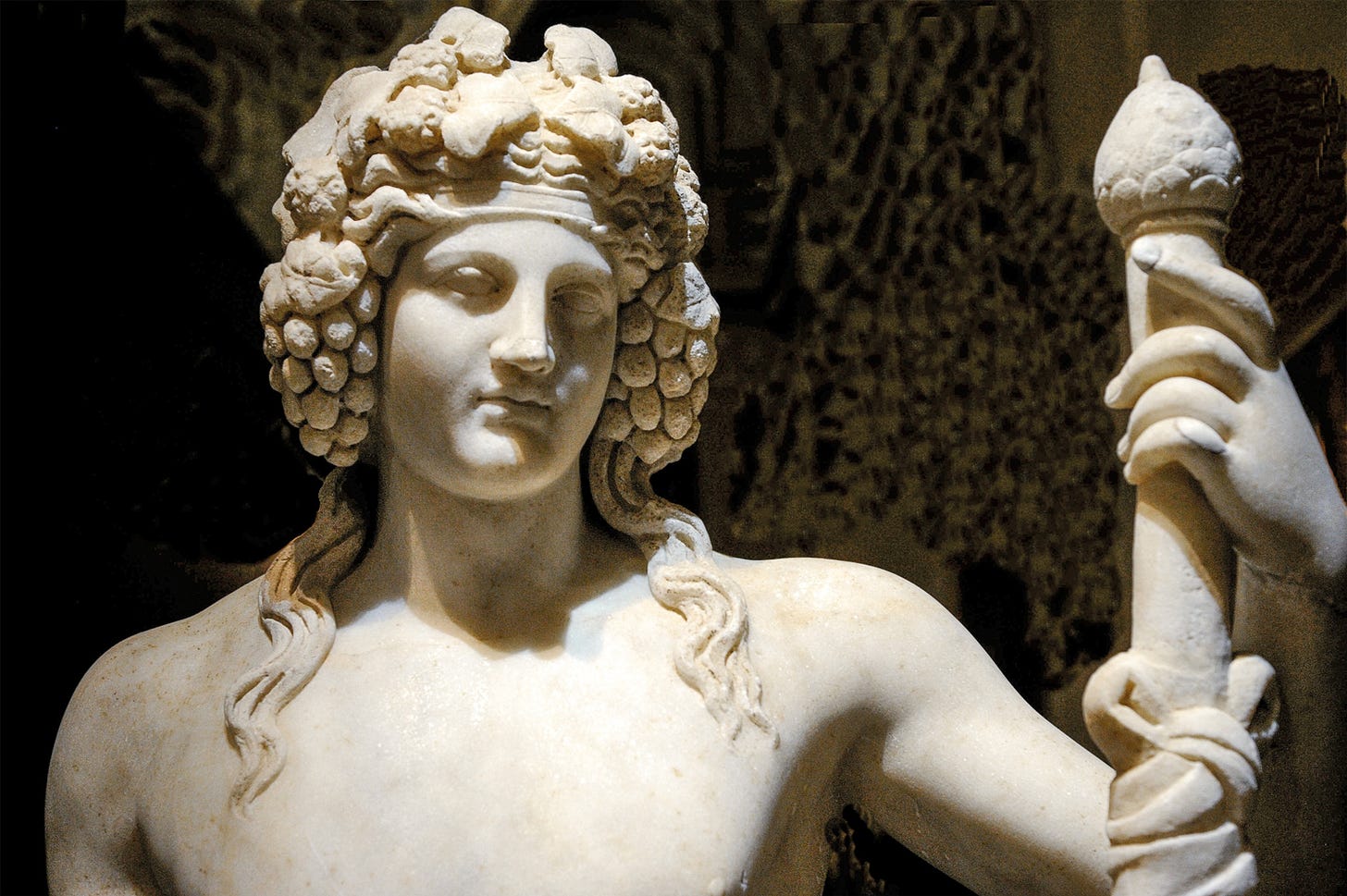In times of societal upheaval, certain religious figures and moralists often experience a surge in their perceived divine mission. Which is also tied to the scapegoat-redeemer complex. They see a world that appears to be spiralling into chaos and feel an urgent need to bring salvation. However, what is often overlooked is that this impulse to "redeem" others is not necessarily about the world itself, but rather a projection of their own inner turmoil. As the reason why the world falls into chaos is not a problem of lack of “order” but a lack of wholeness. This dynamic is particularly evident in Christian preachers who, confronted with external instability, unconsciously activate the redeemer archetype, projecting their personal unresolved chaos onto the world. Even today one of them explained to me his addictions, and then for me to repent. Which I from my Phanian consciousness find rather cute, they mean well, but are kinda misguided and lost souls. They have yet to find their own wholeness. As only truly those whole within themselves could lead others to wholeness.
The Projection of the Inner Victim-Child
The redeemer archetype is deeply tied to the wounded victim-child within the psyche. The victim-child (tied to Eros and what is scapegoated), is then also the other half of the scapegoat-redeemer complex. Individuals who have unresolved psychological wounds, often stemming from early-life trauma, guilt, or repressed suffering, may see the world as being in need of redemption because, deep down, they feel that they themselves need saving. Instead of facing this internal chaos, they project it onto society, labeling it as "lost," "sinful," or "in need of divine order." Which is the order of the super-ego, which represses the inner chaos of the victim-child out of fear. The emotions that are repressed and tied to the wounding of the victim-child. Which is the repression of Eros in favour of a Logos only world. A world of intellect, without the soul and parts that make us human. Actual emotional honesty, vulnerability and true compassion, not out of pity, but out of authentic love.
By externalizing their inner struggle, they reaffirm their identity as saviors, placing themselves in a position of moral authority. Which reassures their ego, as it is aligned with the super-ego, and stills feelings of guilt. This is why during times of crisis, such religious fervor and moral dogmatism tend to intensify. The world for them humans appear to be collapsing into disorder, but in reality, what is collapsing is their ability to repress their own unconscious material. When the repression lifts, their “divine order” crumbles, as it is based on repression and not wholeness and Truth. If it would be based on wholeness and Truth, it would not crumble the moment repression lifts.
The Ego and Super-Ego’s Fear of Integration
At the core of this projection lies a deeper psychological truth: wholeness appears as chaos to the fragmented psyche. The ego and super-ego, which are responsible for maintaining a sense of identity and moral structure, perceive integration, so the acceptance of the full self, including the shadow, as a threat to order. They can’t get yet how healing the shadow (victim-child), leads to wholeness, not chaos.
The ego resists wholeness because it thrives on separation, on defining itself against something else. It maintains a controlled identity by rejecting aspects of the self that do not align with its constructed narrative.
The super-ego, which represents internalized authority and moral expectations, thrives on repression and control. It fears the dissolution of its rigid structures, equating freedom and integration with chaos.
From this perspective, religious preaching and moral crusades do not actually restore true order (which would be the integration of the full psyche). Instead, they reinforce the order of repression, where only selected aspects of the self are permitted to exist while others are demonized. Hence the constant dance of repression and chaos within Christianity. True order, so wholeness, requires embracing the unconscious, and the shadow. So the aspects of the self that the ego and super-ego seek to deny. This is why no amount of external moralizing or preaching can ever resolve the underlying instability; it can only suppress it temporarily. Leading to more repression, suffering and collective trauma. Deepening the amount of chaos, and the amount of repression and control needed to repress the unconscious.
The Illusion of Salvation Through Repression
The attempt to "save the world" through strict moral frameworks and religious dogma is ultimately an attempt to restore the super-ego’s version of order, not true balance. It is a desperate attempt to quiet the internal dissonance by imposing an external form of control. However, repression does not lead to transformation; it leads to stagnation, hypocrisy, and deeper psychological suffering. True healing and order arise not from submission to external authority but from inner integration. The world is not in need of salvation in the way that preachers believe. It is in need of individuals who are willing to confront and integrate their own shadows. Only then can true balance, rather than mere repression, emerge. That is the wisdom of Phanes and Orpheus, that resolves the titanic projection into matter. It is the super-ego that is Kronos that dismembered the infant Dionysus (victim-child). If one resolves this, one reaches wholeness, as Dionysus is the seed of liberation, not just suffering.
Conclusion
The activation of the redeemer archetype in times of crisis is a reflection of the preacher’s own inner chaos (victim-child). They see disorder in the world because they have not faced the disorder within themselves. As the inner disorder in people is the reason for the outer disorder they see. So yes things are bad, but it is not because people are inherently sinful or bad. It is because when repression lifts, the shadow in its unintegrated form acts out. Yet the ego and super-ego fear wholeness because it threatens their carefully maintained illusions of control. Yet, no amount of external preaching will ever create true harmony, only repression masquerading as order.
True order is found not in salvation through external doctrines, but in the courage to integrate one’s full self. Only by embracing the entirety of our being, both light and shadow, can we transcend the endless cycle of projection, repression, and false redemption. Then we can find the light of revelation of Phanes, the light of wisdom that burns away all illusions of duality, that keeps the soul chained in suffering.







